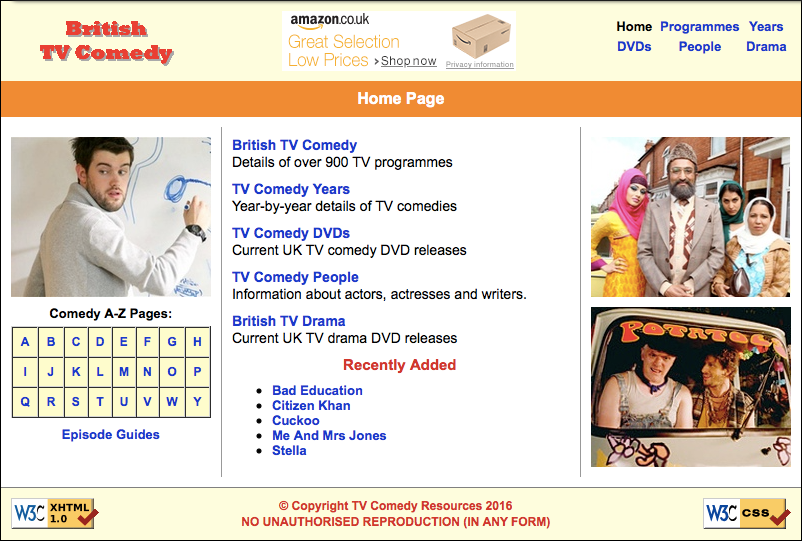Mike Davidson, “Is This Helpful?”:
“For the past several years, we’ve been moving from an information diet of deliberate, substantive reading to a staccato of disconnected one-line thoughts, culminating in a walking, squawking pile of disconnected one-line thoughts who now has the keys to the White House.”
I’ve always found this a weird one. Because I definitely read more substantive articles online than I ever used to without Twitter, simply because Twitter helps me find such material.
Is it like this for most people? Maybe not. I’d love to know, but I have no idea how you’d accurately measure it.
“As I type this post, I think about how hard it is – for me at least – to write long-form content, as compared to 5 or 10 years ago. I’ve heard similar thoughts from others, many of whom haven’t touched their blogs or Medium accounts in years. I wonder where that feeling comes from.”
It is definitely the case that many people I’ve followed online for years have stopped writing longer stuff, and it makes me sad. For Mike, the reasons are as follows:
“The feeling that I can probably fit an article I want to write into a Tweet or two and be done with it.”
I’ve definitely fallen foul of this. Sometimes I do manage to take a series of tweets and write it up into an article. But there are definitely series of tweets which I should have written up, and never got round to.
Mind you, sometimes that can be a good thing. This series of tweets was very popular, and could have been a very popular article… except look what happens halfway through. A couple of people point things out, and in fact my rant isn’t quite as OBVIOUSLY CORRECT as it appears to be. The world was saved from a dodgy one-note article, and there’s Twitter to thank for that.
“The feeling that I’ve consumed so much information in a typical day that it seems like everything that needs to be said is already being said (and then some!).”
“The feeling that the things which seemed important or interesting before the election are not important at all now. For example, I can’t even think of a single design-related subject that feels important enough to write about right now, in comparison to other issues that need attention.”
I’m quoting these two together because I think they’re linked. To take the second point first: Trump or no Trump, or indeed Brexit or no Brexit, I think there is a serious false dichotomy when it comes to this. There are hideous things going on in the world, and we should all – to the best of our ability – do something about it. But I just don’t think that means everything else we do is irrelevant. See my essay “The World is Burning” for my full views on that; it stands as my mission statement for the year.
We can then tackle the previous point: that everything that needs to be said is already being said. But this is only true if we take a narrow point-of-view on what “needs to be said”. Hell, I’m not going to write much about the current specific political situation on here: there are people far more qualified to write about it than me.
But look, I can happily justify writing about old sitcoms; something as important as design can definitely be justified. Good design is important regardless of any political situation; in fact, good design can help you put your particular political message across. Justifications on writing about your pet topic – whatever your pet topic happens to be – are easy to come by. And on your pet topic, there are always things which nobody else is writing on that subject. Those are the things you should write.
“The feeling that most reading occurs on Twitter and Facebook now.”
It’s difficult to judge this one. All I can say is: most of the hits to my site come from Twitter… but hell, they come from Twitter, to read something more substantive.
“The feeling that what I am even semi-uniquely qualified to write about isn’t really what’s important anymore.”
This is exactly the same as Point 3. See above.
Mike then goes on to discuss things he’s doing personally this year to make things better, and it’s well worth a read. (Donating both time and money to good causes should be on everybody’s radar this year – if you have either to spare.) I’m going to skip to his final remark:
“Specifically, when we spend our energy creating anything, we should stop asking ‘do people want this’ and start asking ‘is this helpful?'”
Whenever I’m creating something – at least, on my own time, without getting paid for it – I ask neither of the above questions. I simply ask the following:
“Do I want this?”
If it’s something I want to exist in the world, that’s all the validation I need to create something. It may find an audience, or it may not. But if I spent time second-guessing my own work, some of my best pieces would never have been written.
If you feel like it: write. And write about anything. Write about something silly. Write about something serious. Write about something superficially silly which actually ends up being serious. Or write about something superficially serious which actually ends up being very silly indeed.
But crucially: only writing about what fits some narrow definition of important won’t help us get through this shit. Becoming a one-note bore won’t help us build a better world.
Read more about...
writing

